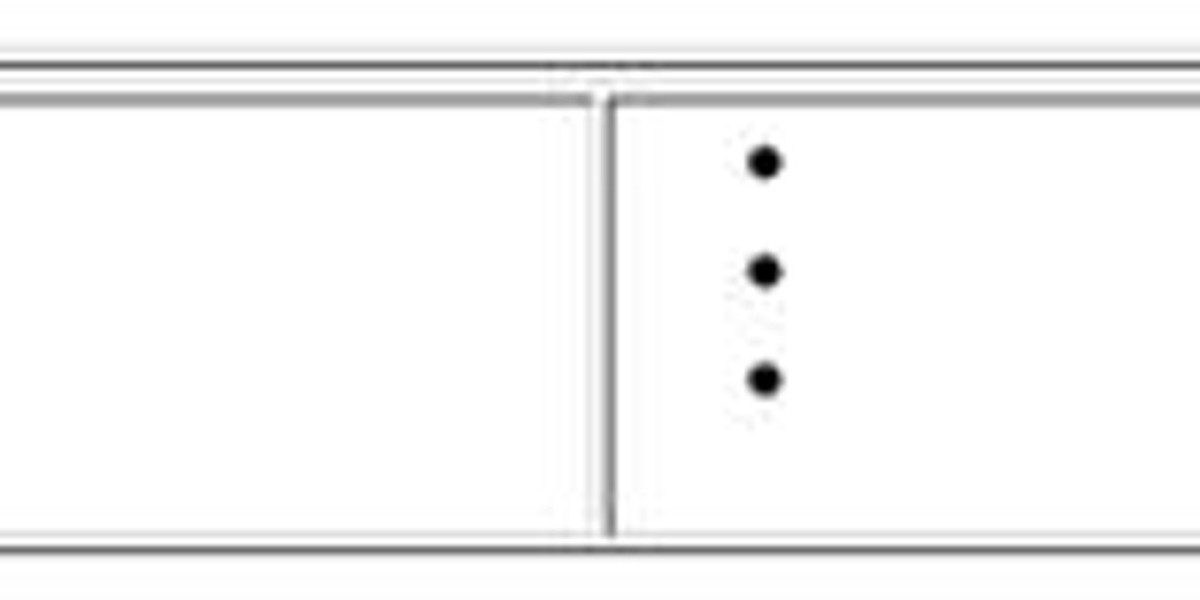Voltage Calibrators: Precision Tools for a High-Accuracy World
In today’s increasingly digital and precision-driven landscape, the accuracy of voltage measurements underpins the reliability of everything from industrial automation to advanced instrumentation. Enter the Voltage Calibrator—a fundamental tool in the world of calibration labs, quality control, and electrical maintenance. These devices provide known, stable voltage signals to test and calibrate a wide range of electrical equipment, ensuring performance, compliance, and safety.
Whether you're working in a power plant, electronics lab, or manufacturing facility, voltage calibrators are the invisible enablers of trust in measurement.
What Is a Voltage Calibrator?
A voltage calibrator is a device designed to generate precise DC or AC voltage levels to test, verify, and calibrate voltmeters, data acquisition systems, control systems, and other electrical instruments. They serve as reference sources, allowing technicians and engineers to compare measured output against a known standard.
Key Functions and Features
✅ DC and AC Voltage Output: Ranges from millivolts to hundreds of volts
✅ High Stability and Resolution: Minimal drift over time and temperature
✅ Programmability: Often includes digital interfaces for automated testing
✅ Portability: Available in benchtop and handheld models
✅ Multi-Functionality: Some models also simulate current, resistance, or thermocouples
✅ Display & User Interface: Clear readouts, keypad input, and often touchscreen control
✅ Safety & Compliance: Certified for use in calibration labs and industrial settings (ISO, NIST traceability)
Types of Voltage Calibrators
Handheld Voltage Calibrators
Lightweight, battery-powered units for fieldwork
Ideal for on-site maintenance and troubleshooting
Benchtop Voltage Calibrators
High-precision instruments used in calibration labs
Offer multi-function capability and superior accuracy
Automated/Programmable Calibrators
Designed for integration into automated testing environments
Useful in production lines and high-volume validation settings
Applications Across Industries
? Industrial Automation: Calibration of PLCs, sensors, transmitters
? Laboratory & R&D: Verification of precision instruments and prototypes
⚡ Power & Energy: Maintenance of voltage regulators, inverters, and test benches
? Electronics Manufacturing: Quality control and product validation
? Healthcare Equipment: Calibration of diagnostic devices and sensors
?️ Aerospace & Defense: Precision testing for mission-critical electronics
Benefits
? Accuracy & Traceability: Essential for ISO/IEC 17025 compliance
? Productivity: Speeds up calibration routines and maintenance checks
? Versatility: Suitable for a wide range of voltage-based instruments
? Portability: Field-ready designs for mobile service teams
?️ Diagnostic Power: Helps isolate issues in malfunctioning circuits or devices
Challenges and Considerations
⚠️ Cost: High-precision calibrators can be a significant investment
?️ Environmental Sensitivity: Performance can degrade in extreme conditions
? Battery Life: Critical for handheld units used in remote areas
? Skill Requirements: Proper usage requires trained technicians
Market Outlook
The global calibration equipment market, including voltage calibrators, is poised for strong growth through 2032, driven by:
Increasing complexity of electronic systems
Regulatory demands for traceability and accuracy
The shift to Industry 4.0 and automated test systems
Growth in healthcare and aerospace sectors requiring rigorous compliance
Emerging trends include cloud-connected calibrators, AI-driven diagnostics, and remote calibration-as-a-service models.
Conclusion
Voltage calibrators might work quietly behind the scenes, but their impact is profound. They ensure that every measurement, every reading, and every system output we rely on is accurate, trusted, and compliant. As industries continue to demand greater precision, voltage calibrators will remain the cornerstone of calibration and quality assurance—ensuring that our technological advancements are built on a foundation of measurement integrity.
Read More








